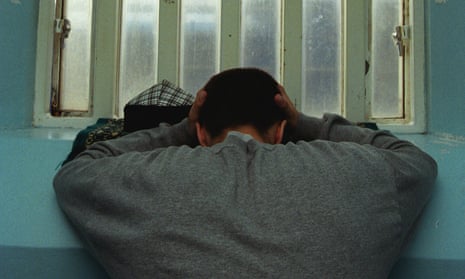The criminal justice system in England and Wales is failing defendants who are disabled or have mental health conditions and needs reform to ensure everyone receives a fair trial, the equalities watchdog has warned.
In a report, called Inclusive Justice, the Equalities and Human Rights Commission (EHRC) calls for better treatment for those with learning disabilities, autism and brain injuries who have to go to court.
The complexity of the criminal justice system and its specialist language presents a particular problem for disabled defendants and puts them at risk of not being able to participate effectively in the legal process, the report says.
There is significant overrepresentation of people with learning disabilities and mental health issues passing through the criminal system, according to the EHRC. Too few legal professionals have adequate training to appropriately assist those with with impairments.
Increased digitalisation of the courts system and remote hearings during the Covid-19 crisis threatens to make the situation worse, the report notes.
It quotes one woman defendant, for example, as saying: “I know I’ve done something wrong, but I’m really not quite sure what that was.”
A crown court judge told the EHCR: “It seems to me that language is the real key, that the way we speak in court has to change … We do have to speak in a way which is not so far removed from the way that ordinary people speak and that includes people with impairments.
David Isaac, the chair of the EHRC, said: “A non-discriminatory criminal justice system, that everyone can participate in, underpins our society. It stands for democracy, equality and the rule of law. It should give us all the chance of a fair trial, no matter who we are.
“But disabled people often face barriers to understanding their situation and making themselves properly understood to others. This can result in them feeling bewildered by the system and treated unfairly, which puts their right to a fair trial at risk.
“Clearly the system needs a redesign. The UK and Scottish governments need to make it a priority to understand the needs of disabled people in the system, giving serious consideration to our findings and recommendations, and commit to making our criminal justice systems fair for all.”
The report concludes that the justice system has not been designed around the needs and abilities of disabled people and that reforms in England and Wales risk further reducing participation.
Defendants’ impairments are not always recognised, the report says, adjustments are therefore not made and lawyers need more guidance and training. There should also be better monitoring of data on disabled defendants in the courts.
A spokesperson for HM courts and tribunal service said: “We work closely with disability groups to ensure we have reduced the barriers that disabled people may face throughout justice system.
“This includes identifying people who have mental health, learning disabilities, substance misuse or other vulnerabilities at the earliest opportunity, and providing intermediaries to help with remote hearings.
“We welcome the EHRC’s report and look forward to engaging with them to help improve our provisions further.”
